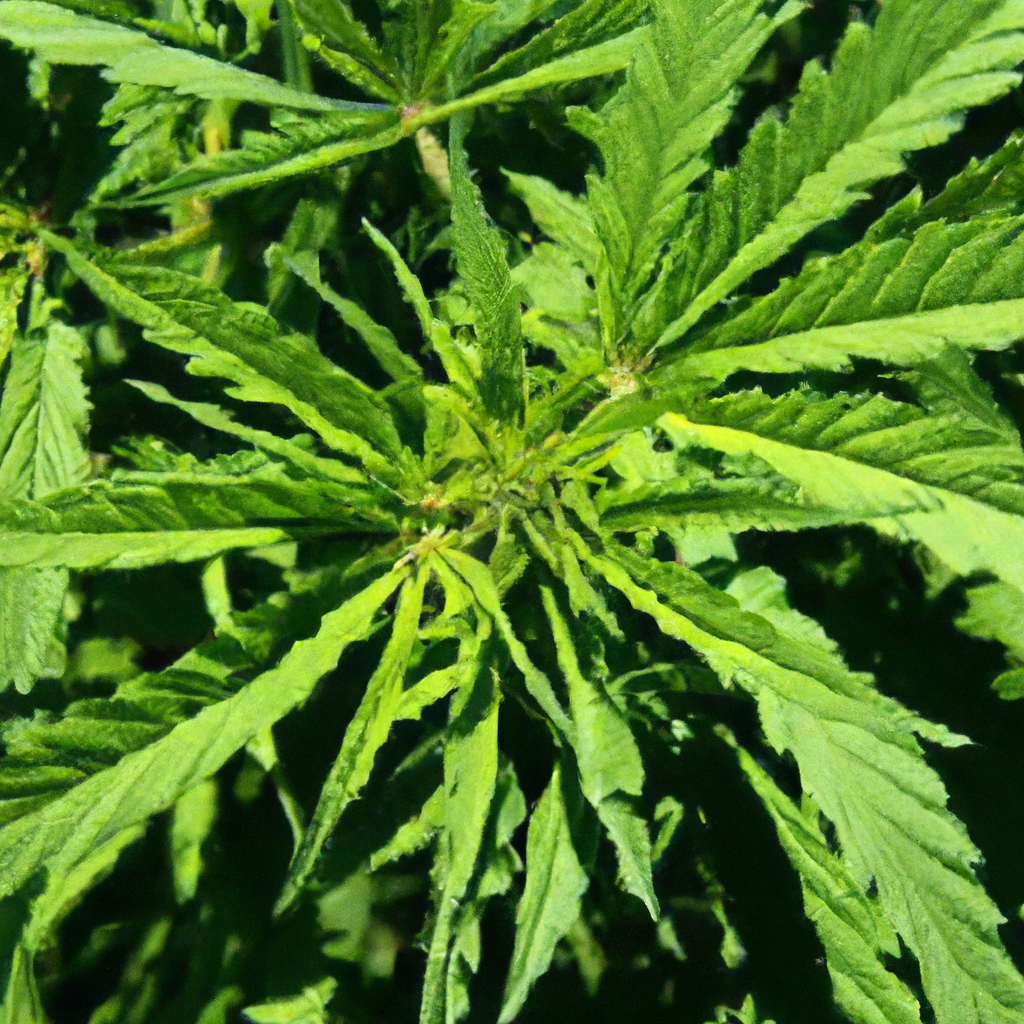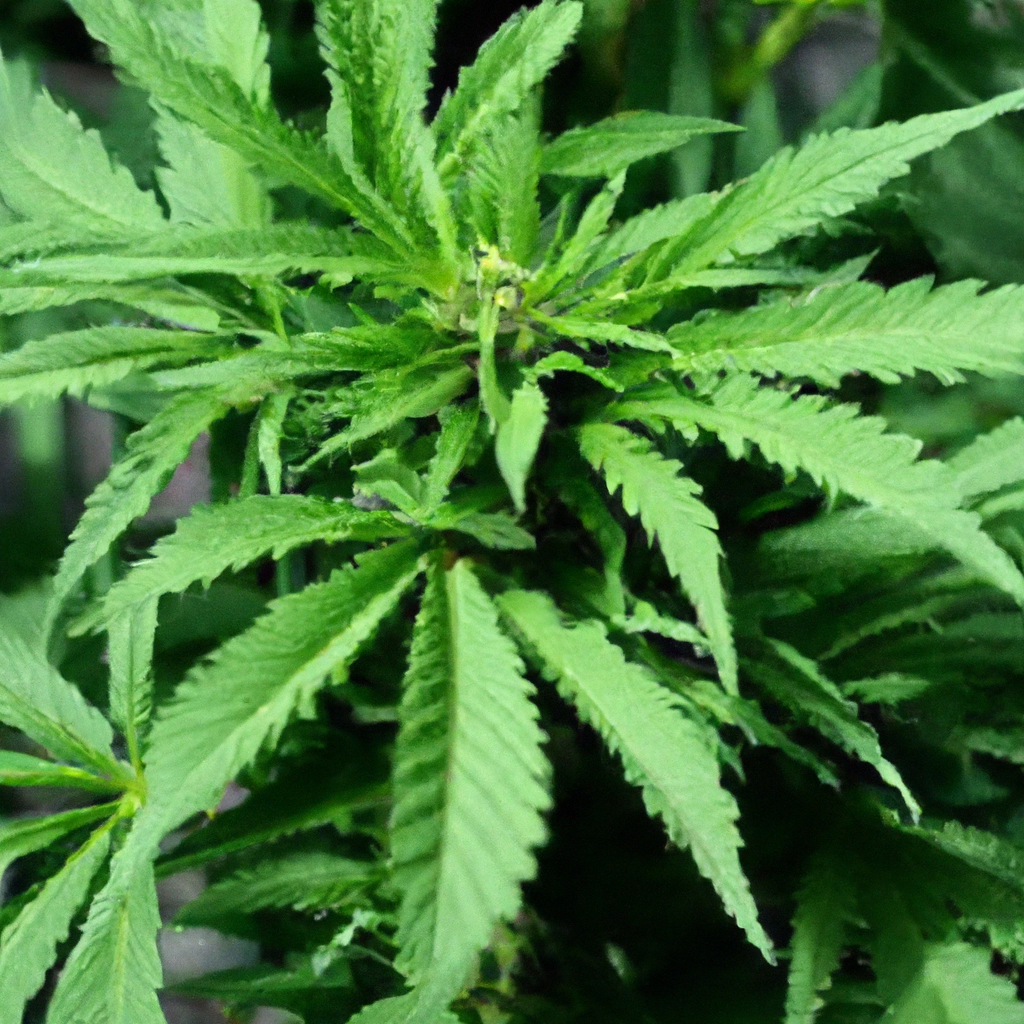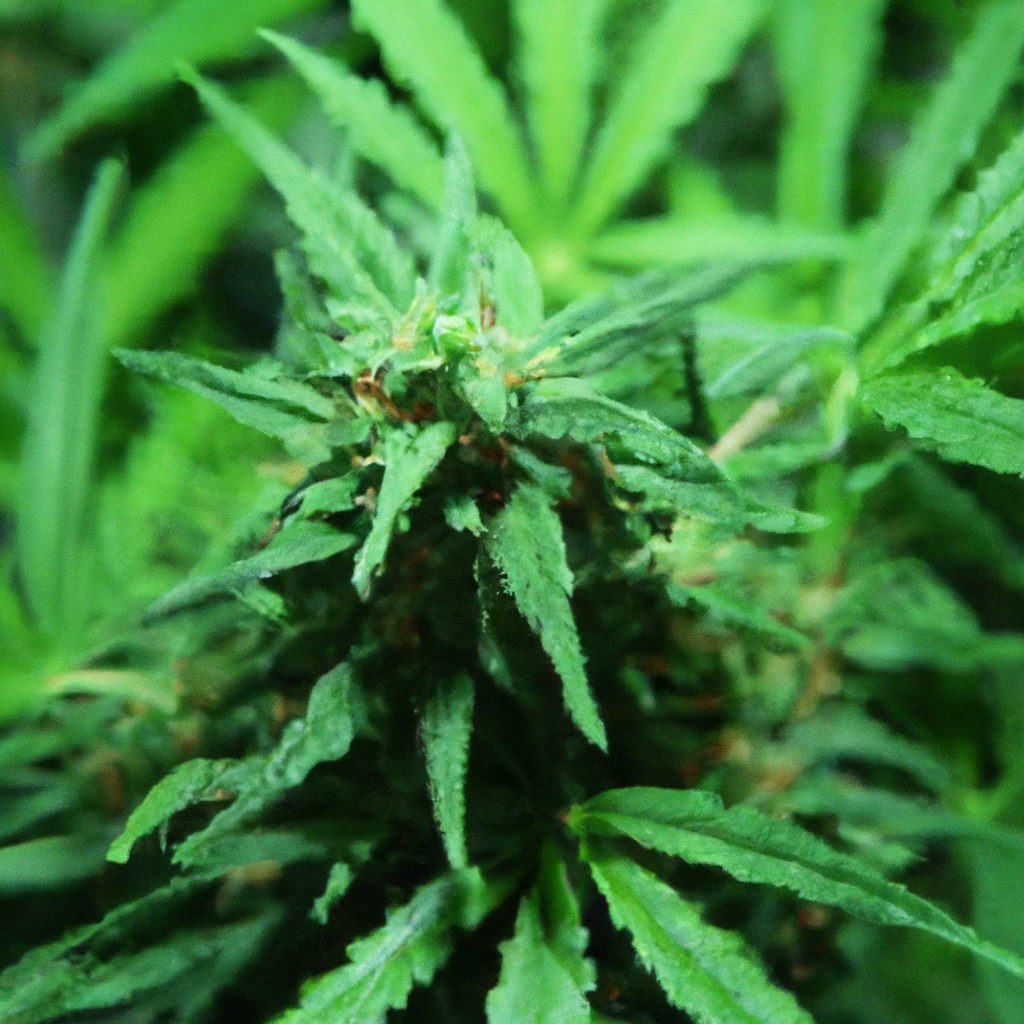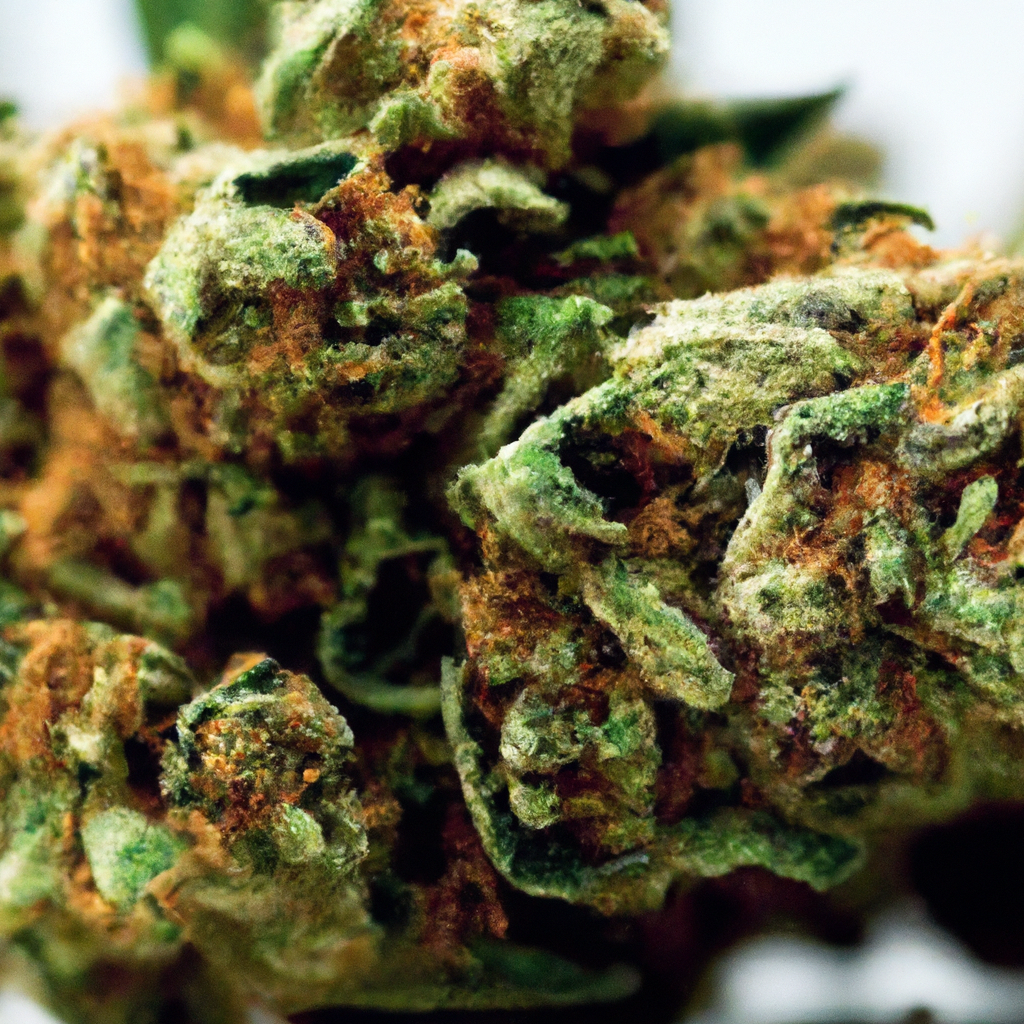Your cart is currently empty!
In cannabis cultivation, plant shaping can greatly enhance yield by optimizing light exposure and branch structure. Key techniques include topping, which encourages multiple main colas; low-stress training (LST) for improved light and air penetration; super cropping to strengthen plants; and the Screen of Green (ScrOG) for an even canopy. While shaping boosts yield, it may…

Berry Bomb is a beloved cannabis strain known for its captivating blend of aesthetics, aroma, and effects. This balanced hybrid, derived from Blueberry and Bomb #1, delights users with its sweet, fruity scent and visually striking buds. It offers an uplifting cerebral high that smoothly transitions to relaxation, making it ideal for stress relief without…

Organic cannabis cultivation is increasingly popular among growers aiming to protect the environment while producing pure products. This guide outlines best practices for nurturing organic cannabis through natural fertilizers, composting, and eco-friendly pest control methods to enhance soil health and sustainability. A thriving soil ecosystem is crucial, utilizing compost, mulching, and cover cropping to enrich…
The relationship between cannabis and the human endocrine system is an emerging field of study, with evidence suggesting cannabis compounds like cannabinoids and terpenes can influence hormonal balance. Key interactions include CBD’s potential regulation of cortisol, impacts on insulin sensitivity, and effects on sex hormones such as estrogen and progesterone. Terpenes like limonene and linalool…

Achieving the right climate in cannabis cultivation is crucial for plant health, yield, and cannabinoid profile. Key elements include temperature, humidity, and airflow, with optimal conditions enhancing growth at each stage. Common challenges such as temperature fluctuations and high humidity can be addressed with heaters, coolers, and dehumidifiers. Utilizing technology like smart sensors and automated…

Lemon Kush is a hybrid cannabis strain known for its vibrant citrus aroma and alluring effects, appealing to both recreational and medicinal users. With its origin from Master Kush and Lemon Joy, it features dense, light-green buds with bright orange pistils and frosty trichomes. The strain delivers a refreshing lemon scent with earthy and sweet…

Explore the benefits of organic cannabis cultivation, emphasizing eco-friendly methods that enhance both plant health and sustainability. By enriching soil with compost and using companion planting, growers can create a robust ecosystem. Natural fertilizers like bone meal and fish emulsion promote growth, while eco-friendly pest control using neem oil and beneficial insects ensures a chemical-free…
Cannabis resin, rich in cannabinoids and terpenes, is essential for the plant’s effects and aroma. Boosting resin production enhances potency, flavor, and overall quality. Key techniques include low-stress training (LST), optimized lighting, precise nutrient management, and controlling temperature and humidity. Common challenges such as pests, mold, over-fertilization, and insufficient light can be addressed with proper…

Cannabis cultivation blends science and nature, and leveraging the plant’s natural resilience can significantly optimize yields while protecting against pests and diseases. This guide explores techniques such as improving soil health, utilizing beneficial microbes, and implementing stress training to enhance cannabis growth. Techniques like integrating compost and companion planting improve soil ecosystems, while mycorrhizal fungi…

Explore the enchanting Strawberry Lava cannabis strain, a unique hybrid born from Strawberry Cough and Fire OG, balancing sativa and indica effects. Its vibrant green buds with fiery orange hairs and dense trichomes exude a sweet strawberry and earthy aroma. Users experience a blend of euphoria and relaxation, relieving anxiety without sedation. Ideal for cultivators,…
